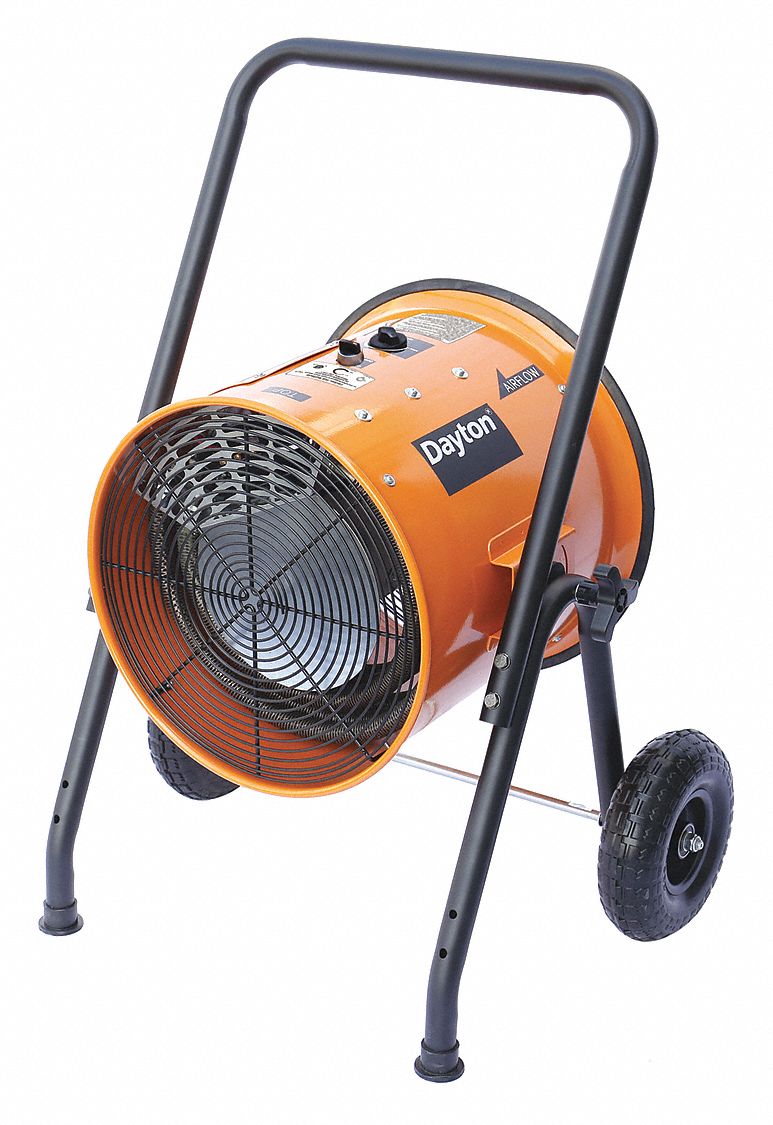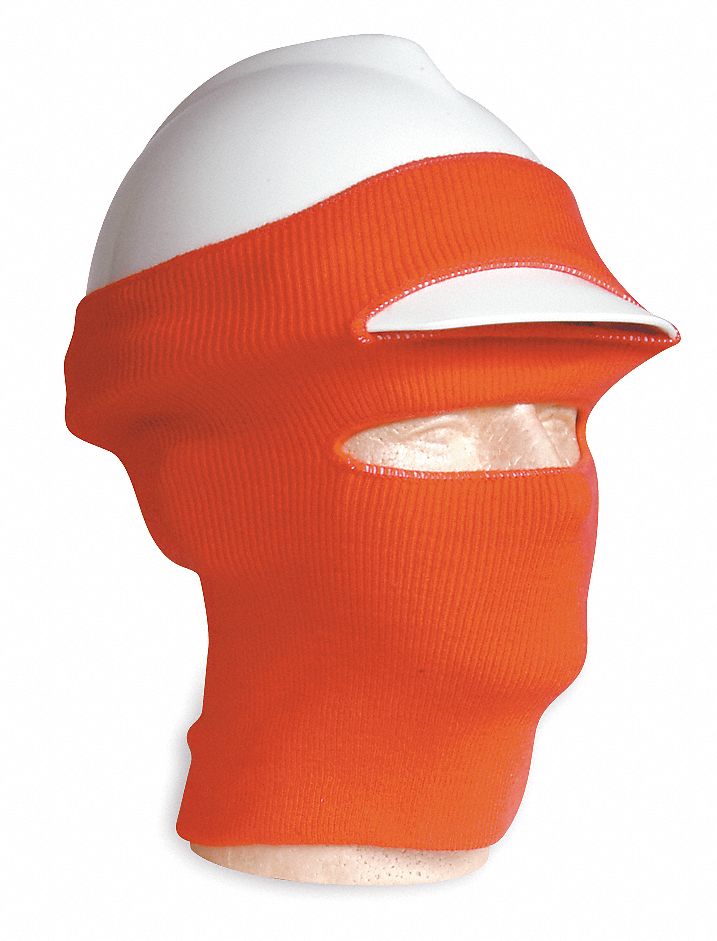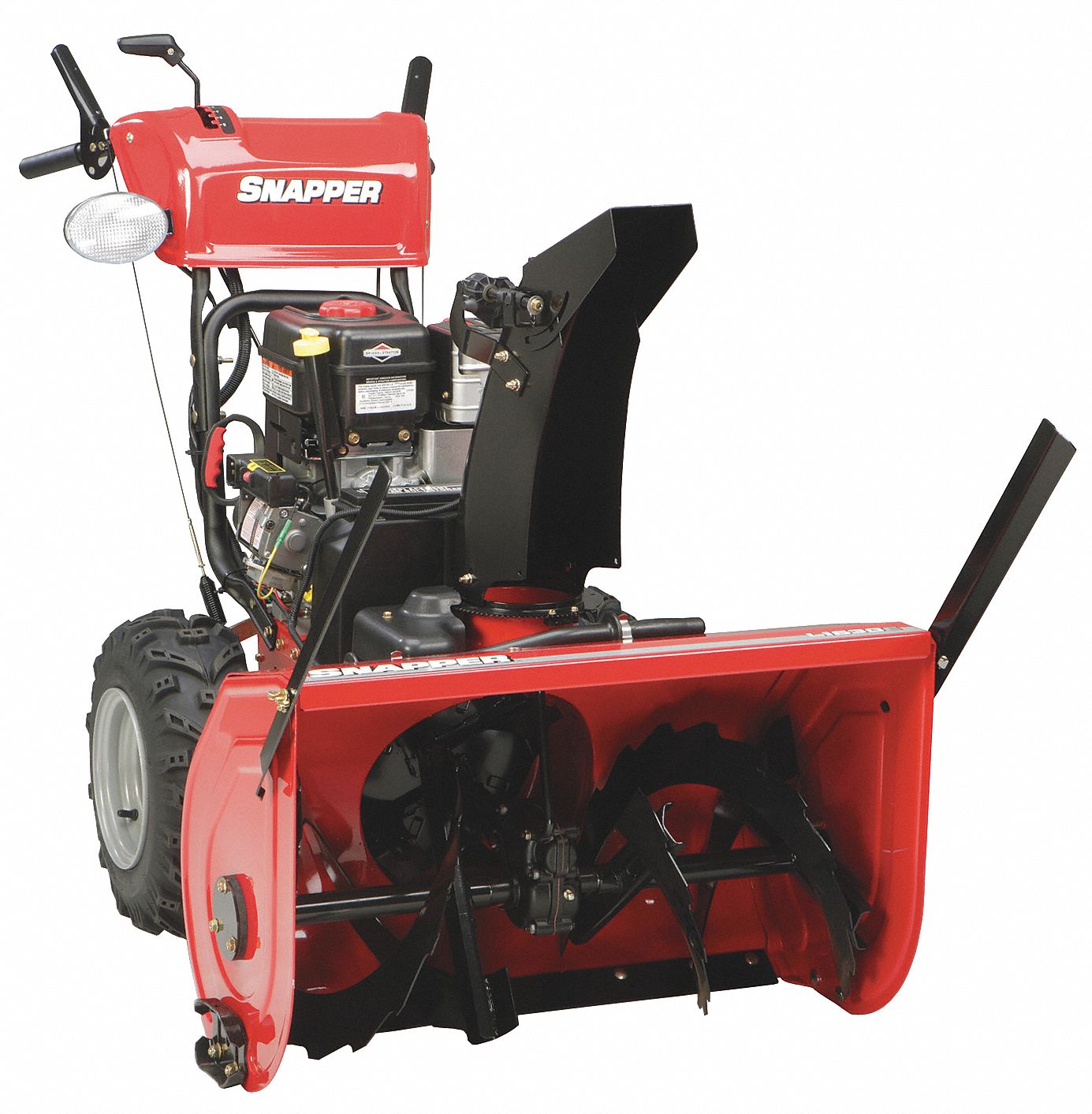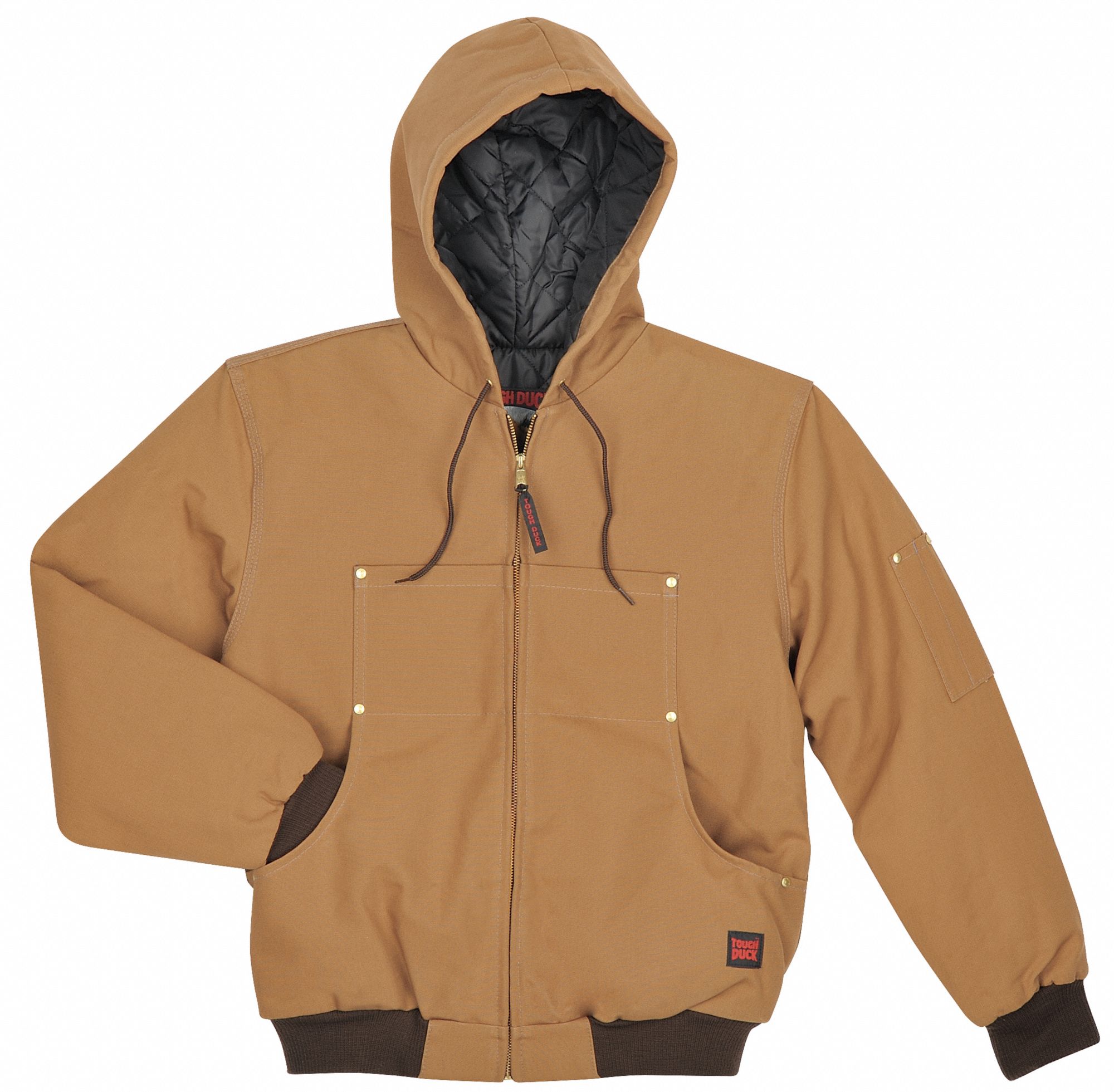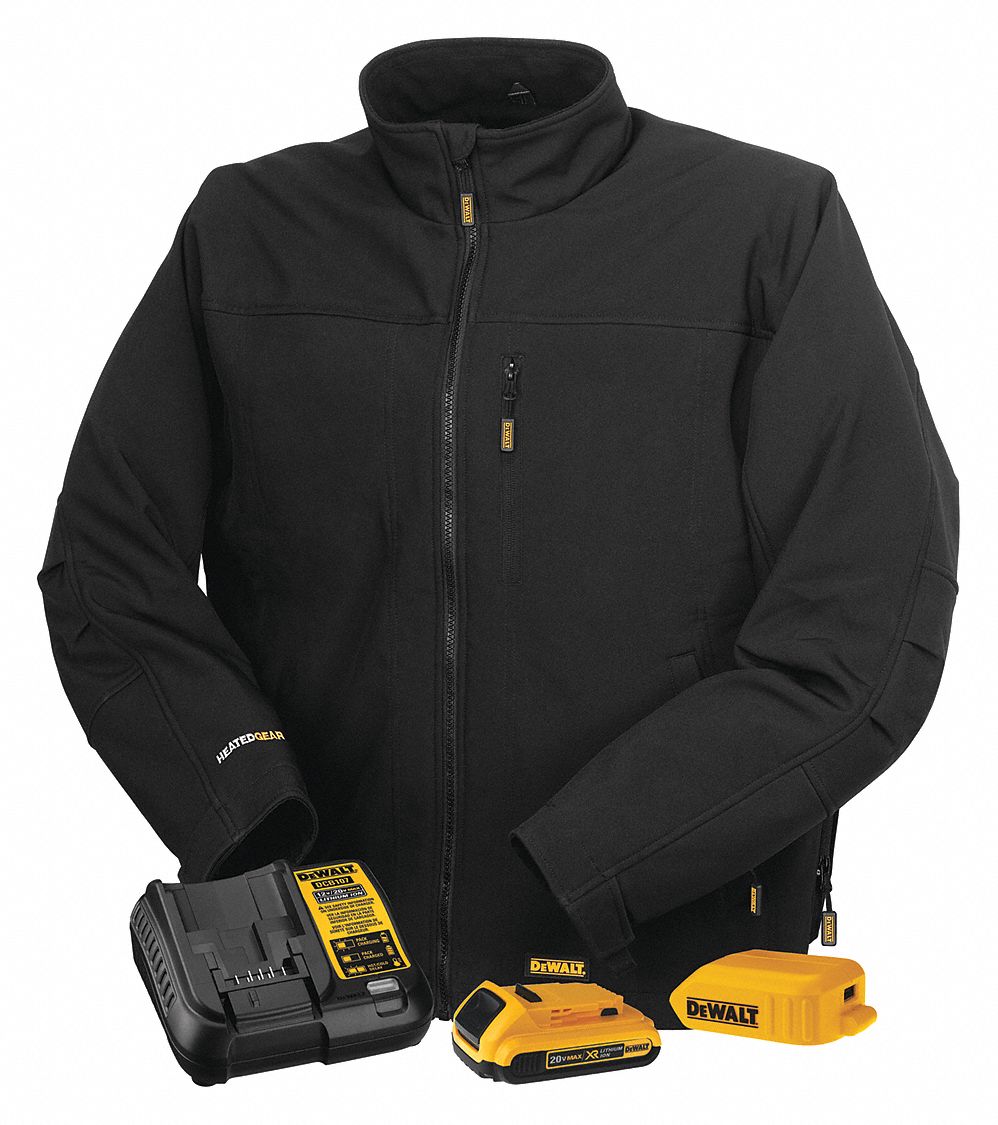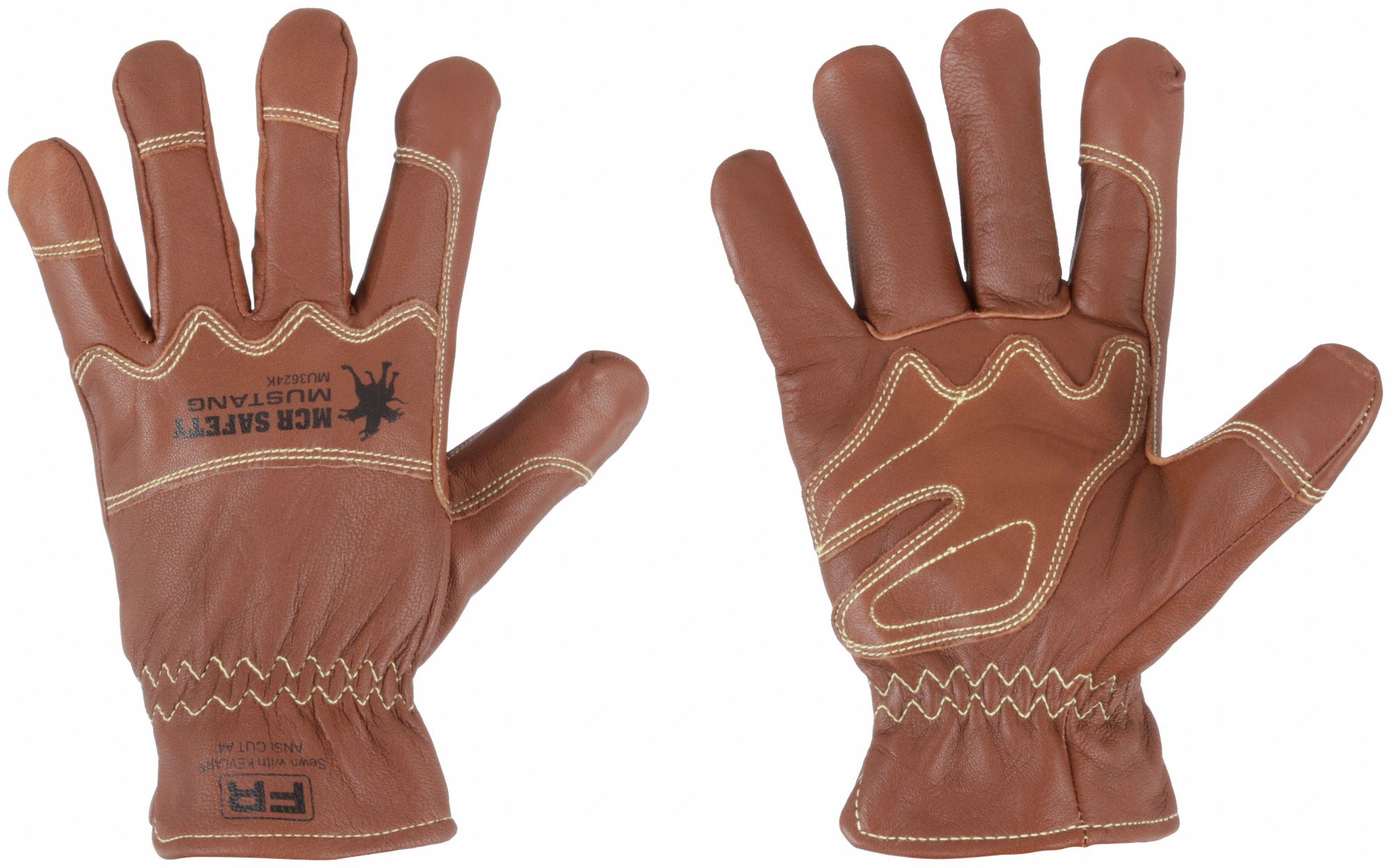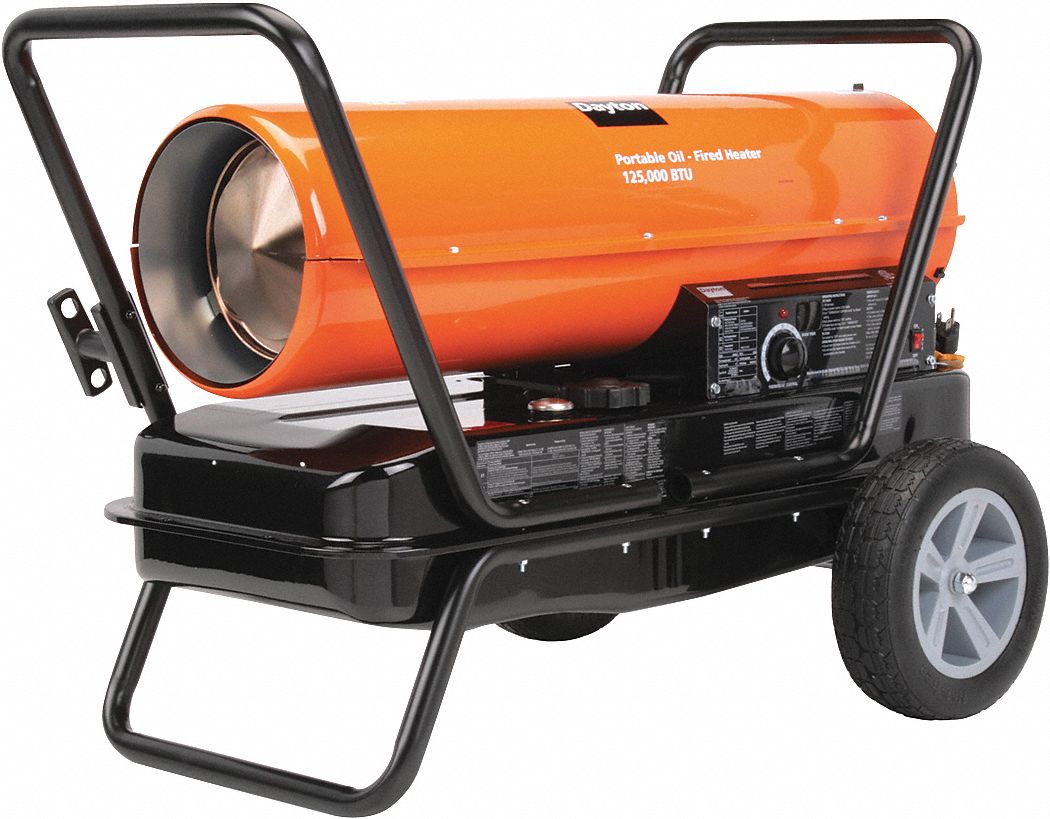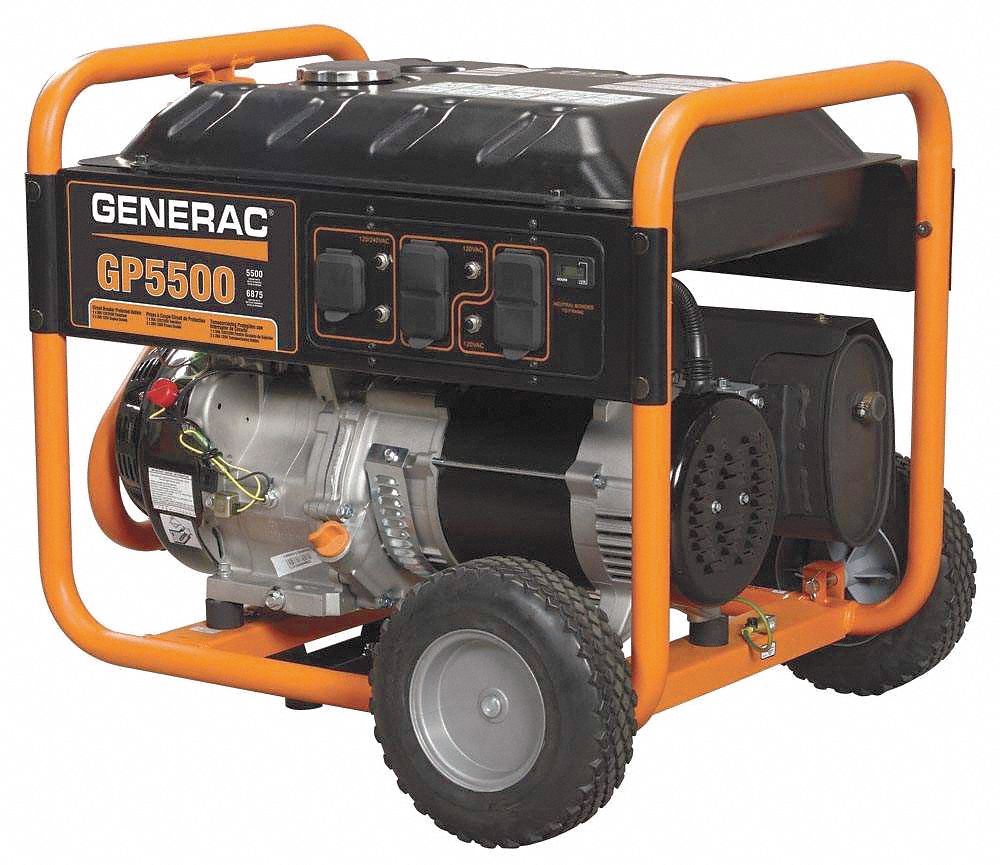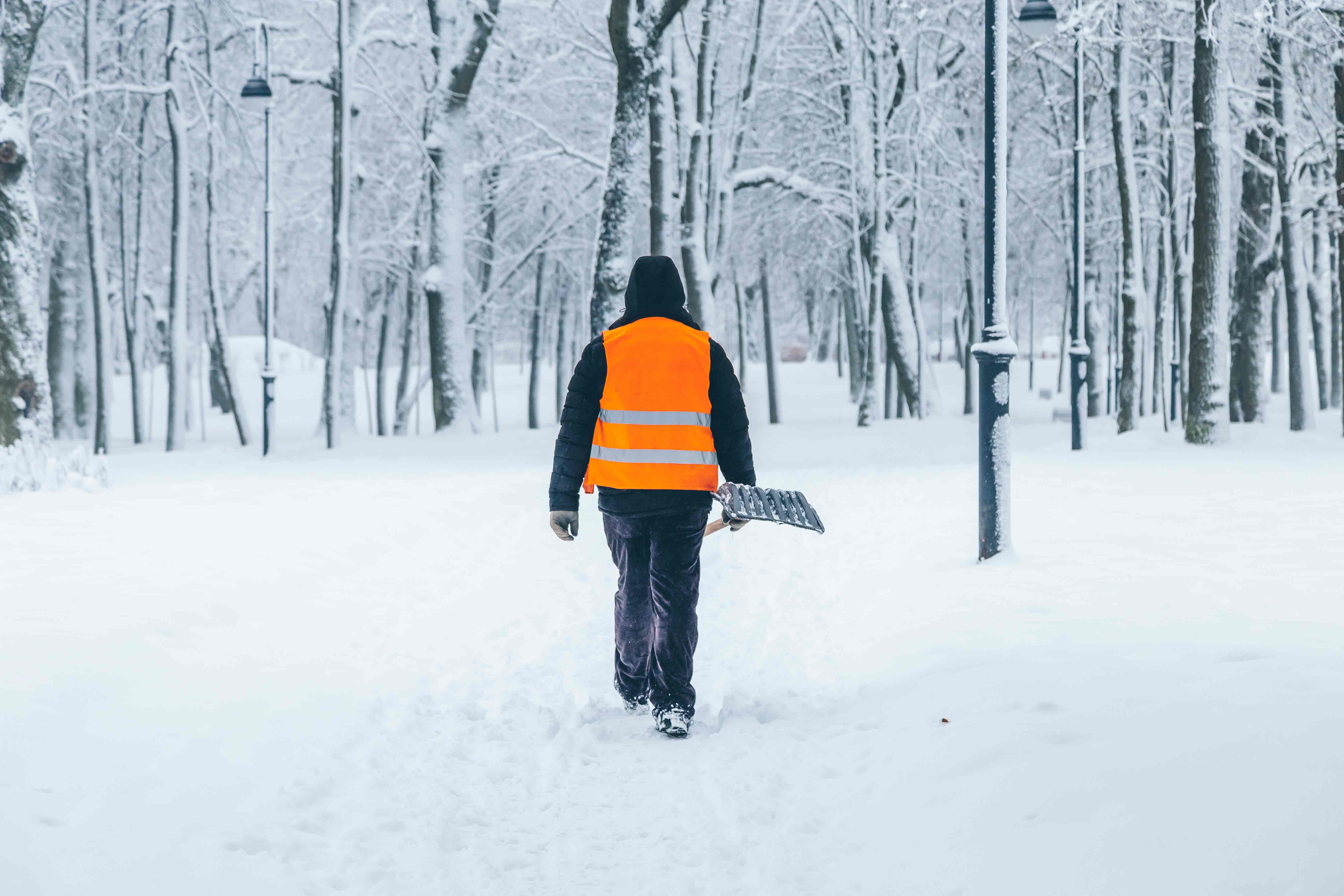

Guide to Heated Jackets and Heated Apparel for Working in Winter
By Grainger Editorial Staff 1/10/22


To old-timers and traditionalists, heated jackets might sound like a new level of modern coddling. If you spent your childhood walking to school barefoot in the snow, uphill both ways, why would you ever need a battery-powered heater in your coat?
But the truth is that cold weather isn't just uncomfortable—it can be hazardous, especially when you're out working in it all day. The latest technological advances can make life a little safer and easier for you and your crew, just as power tools have made many jobs quicker and easier than when hand tools were the only option.
In fact, there's more of a connection than you might think between power tools and heated jackets. It comes back to the batteries. The same lithium-ion (li-ion) rechargeable battery technology that has dramatically changed the cordless power tool landscape is now providing dependable, lightweight power for jackets and other outerwear.
Several toolmakers have developed heated apparel that runs on the exact same li-ion batteries as their cordless power tools, which can make life easier for workers in the trades who already have a preferred platform and the chargers and batteries to match.
How Do Heated Jackets Work?
Typically, a heated jacket has a special pocket that contains a battery holder that accepts a li-ion battery. The battery holder also connects to a cable that enters the lining of the jacket and powers the jackets heating elements, which are often made from carbon fiber and placed to warm the wearer's chest and back. Some battery holders also include USB ports that can charge phones or other electronics. A power button turns the jacket on and cycles through the heat settings, which are usually indicated by lights on the battery holder or on the outside of the jacket.
What to Consider When Choosing a Heated Jacket
First, think about the style and fit you want for your work. Depending on your preferences and layering needs, you can consider heated jackets, heated hoodies and heated vests, and combine any of these with heated gloves if necessary. Women's styles are available, too.
If you want heated outerwear that's compatible with a specific manufacturer's batteries, that's another easy way to narrow down your options:
It's also a good idea to look at the instruction manuals before you decide. In a way, these jackets are as much like power tools as they are like traditional workwear, so you'll want to understand the necessary safety precautions and other technical considerations. This broadly applicable information can give you an idea of what to look for:
- Most heated outwear is not intended to be worn in the rain or in wet conditions.
- Heated outerwear has special washing instructions. Some manufacturers recommend handwashing only, while others recommend machine washing.
- Most manufacturers also include recommendations for safe storage and charging practices.
- The battery life will depend on the size of the battery pack as well as the temperature setting of the jacket. To run a jacket at full power for a long shift, you may need more than one battery.
- Some heated jackets include the necessary batteries while others don't.
Use heated outerwear to stay warm on the job this winter.
The information contained in this article is intended for general information purposes only and is based on information available as of the initial date of publication. No representation is made that the information or references are complete or remain current. This article is not a substitute for review of current applicable government regulations, industry standards, or other standards specific to your business and/or activities and should not be construed as legal advice or opinion. Readers with specific questions should refer to the applicable standards or consult with an attorney.

